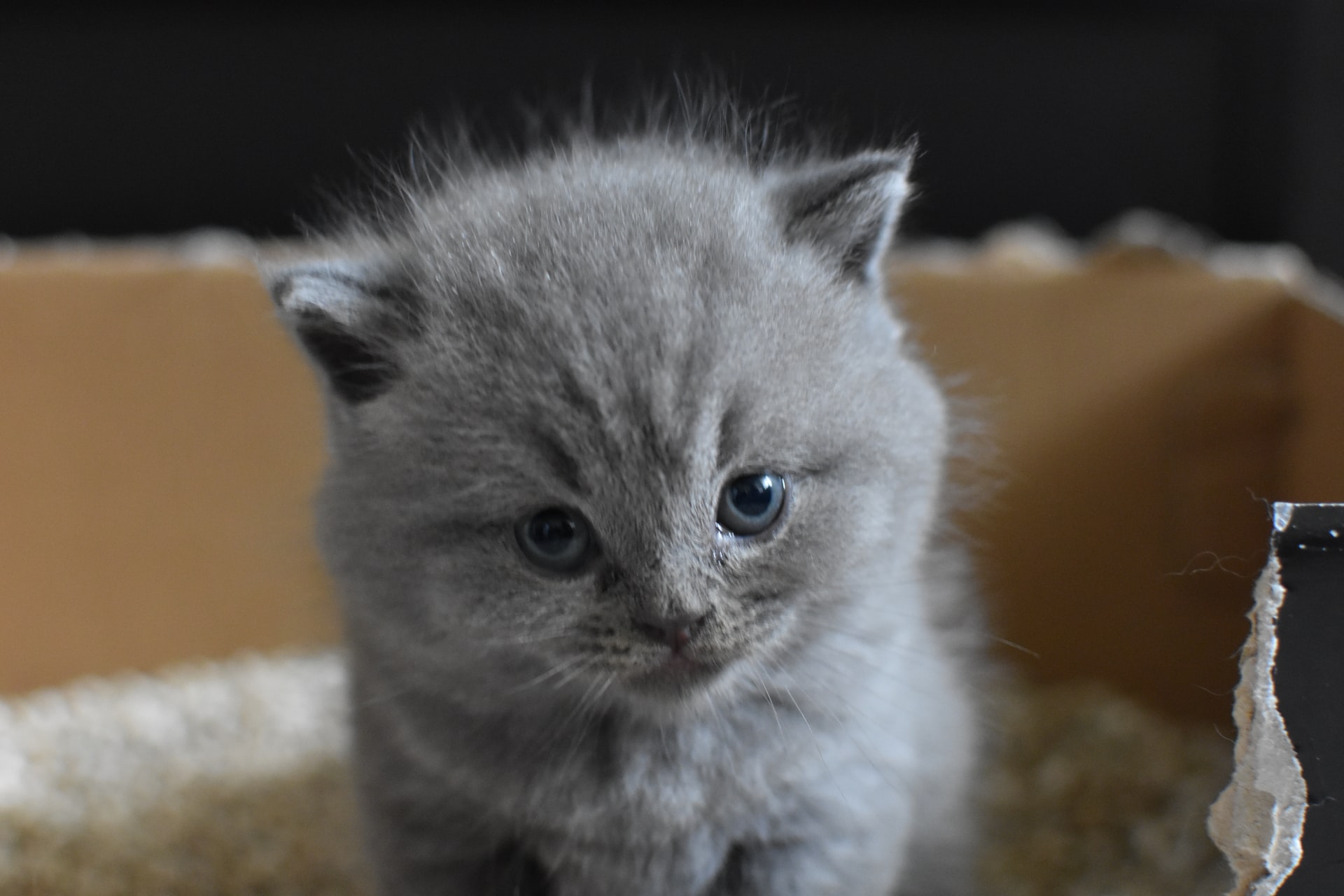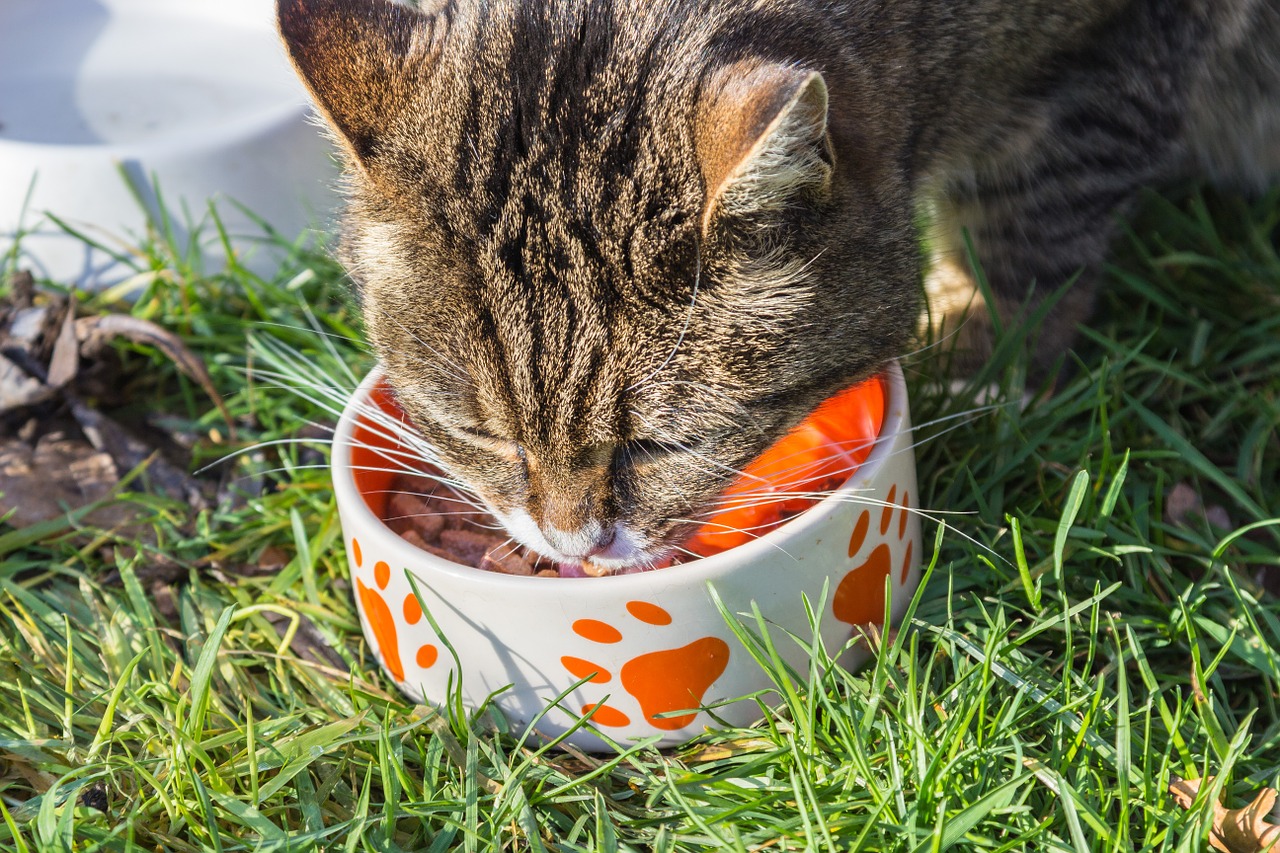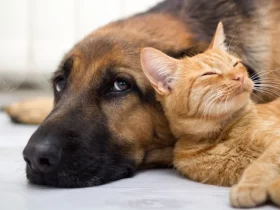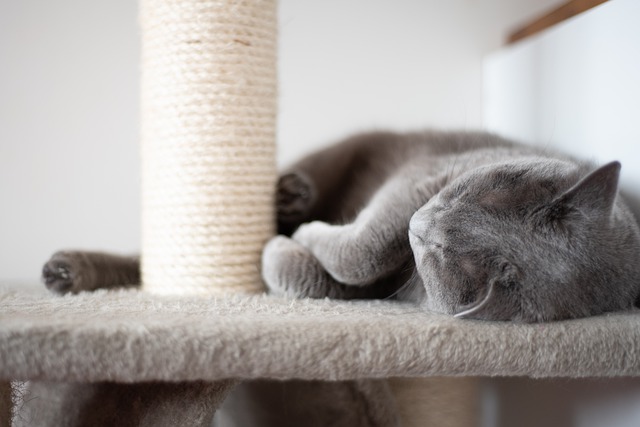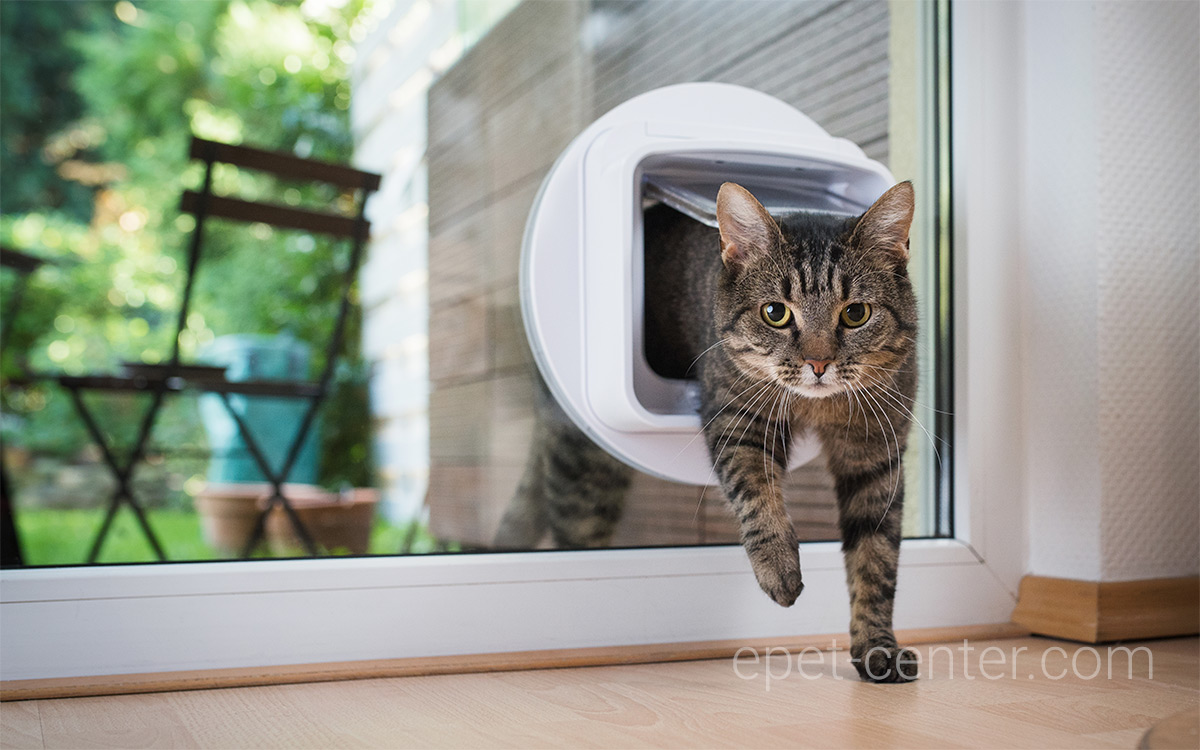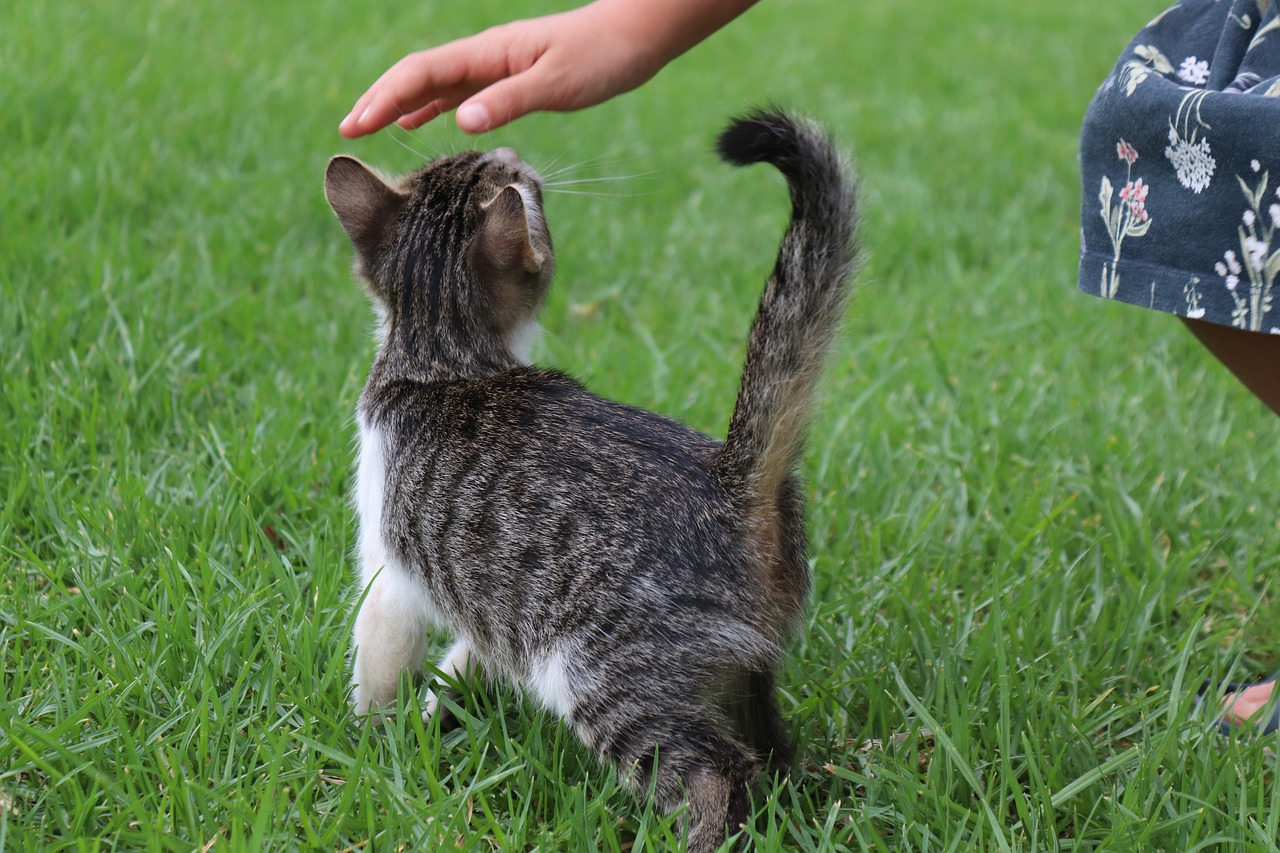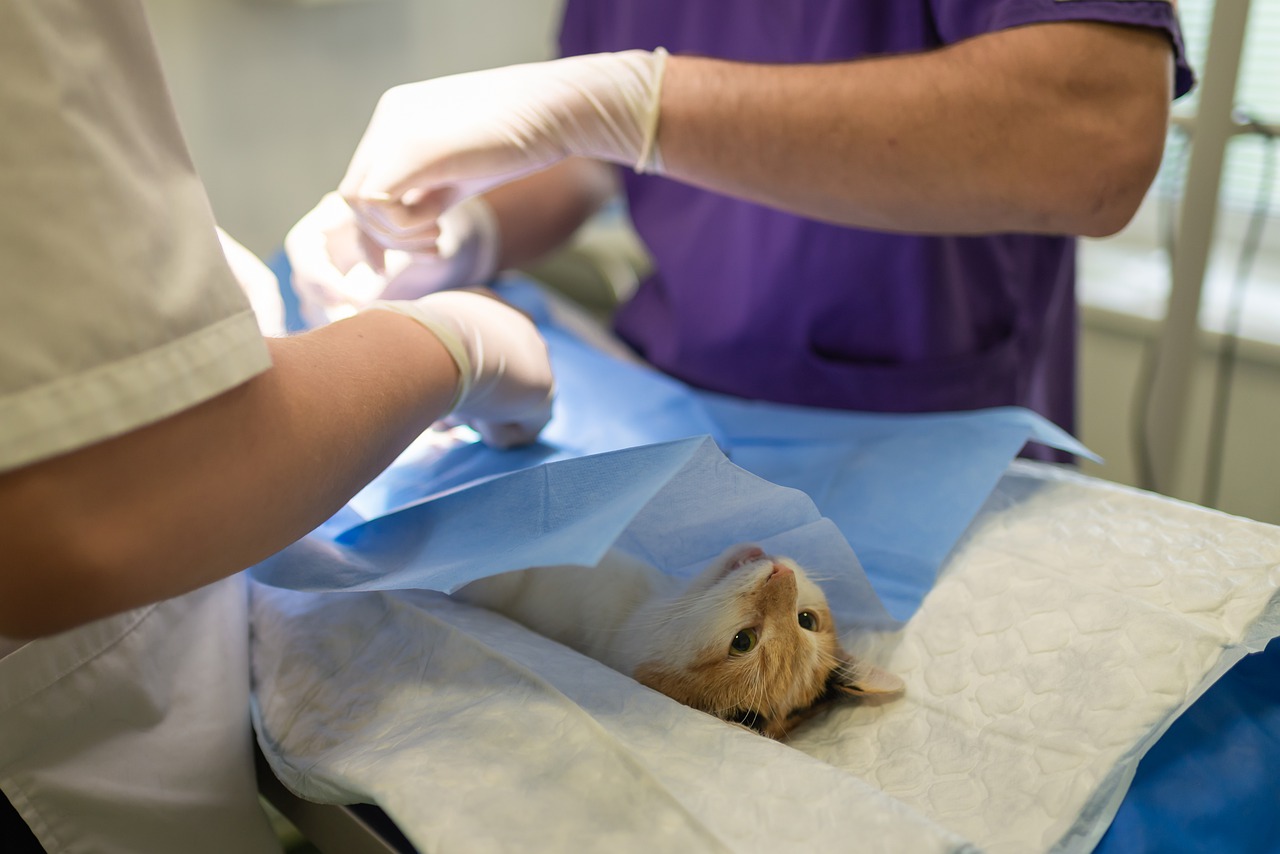Most cat litter box problems are not the fault of the cat, but the fault of the owner in not choosing the correct type of box or litter for the particular cat. With some careful consideration, most problems can be avoided.
It is a huge problem to have a cat that does not use his box and goes on the carpet instead. One reason could be medical, but another could be simply that he does not like the litter or the box or both. Try using several boxes to determine which is best for your cat or cats.
You can circumvent many problems by simply paying attention to how your cat acts in relation to the litter and boxes you have provided. Read this short article below to discover 3 things you can do to help eliminate these problems.
Three Important Litter Box Considerations
Author: Nancy E. Wigal
There are three important litter box considerations to account for whether you’re a new kitten owner, or someone who has had a cat for a while. If kitty isn’t happy with any or all three of these, you may find she’ll start urinating outside the box.
1. Litter Box Location:
Location is all-important in real estate. The litter box location is important to your kitty. As an owner, you need to be certain her box is in a quiet location, away from traffic and noise. Ideally, a room that is seldom visited, such as the basement or laundry room is a good choice.
Cats need to be left alone while tending to their business. A child’s room, the hallway by the front door, or the family room may be too noisy for her.
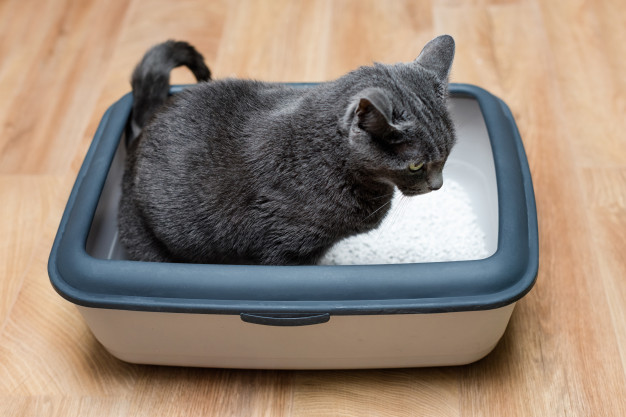
2. Litter Box Type:
New cat litter boxes are marketed constantly. The final decision may rest with kitty. If you buy her a box, and she doesn’t use it, think about the way she does her business. For example, my boy, JJ (who is fixed), urinates standing up. He’s 14 years old, and it may be too much effort for him to squat. We have tall sided, and hooded litter boxes to accommodate the splash on the back wall.
You may consider the mechanical, self-cleaning litter box. They rake the results of kitty’s visit into a small container. The drawbacks are that your cat may be scared of the motor noise. If so, she won’t use it. The rakes, or tines, need to be cleaned regularly. They’re close together, and can be a real trial to clean properly. What if you lose electrical power for an extended period of time? The motor won’t operate, and the box won’t get scooped, if you forget!
Bottom line? Observe your kitty doing her business, and formulate a strategy about the best box to buy.
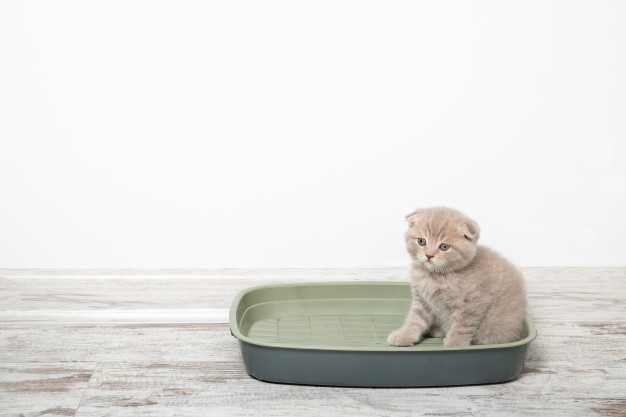
3. Cat Litter:
There are lots of different types of cat litter you can purchase. There are different blends of clay; some are perfumed, some are not. Again, your cat may decide for you. If you purchase a certain brand, and kitty eliminates somewhere else, you’ll need to experiment with different types until you and she agree on what will be used.
Perfumed, or scented litter is for us humans, not the cat! Some cats will refuse to patronize a box with heavily scented litter. As bad as the smell may be for you and your family, the end goal is find the right litter she’ll use every time.
About the author:
Nancy runs The Cat Urine Odor Advisor (www.cat-urine-odor-advisor.com) which provides solutions, resources, and materials that work together to eliminate cat urine odor in your home.

